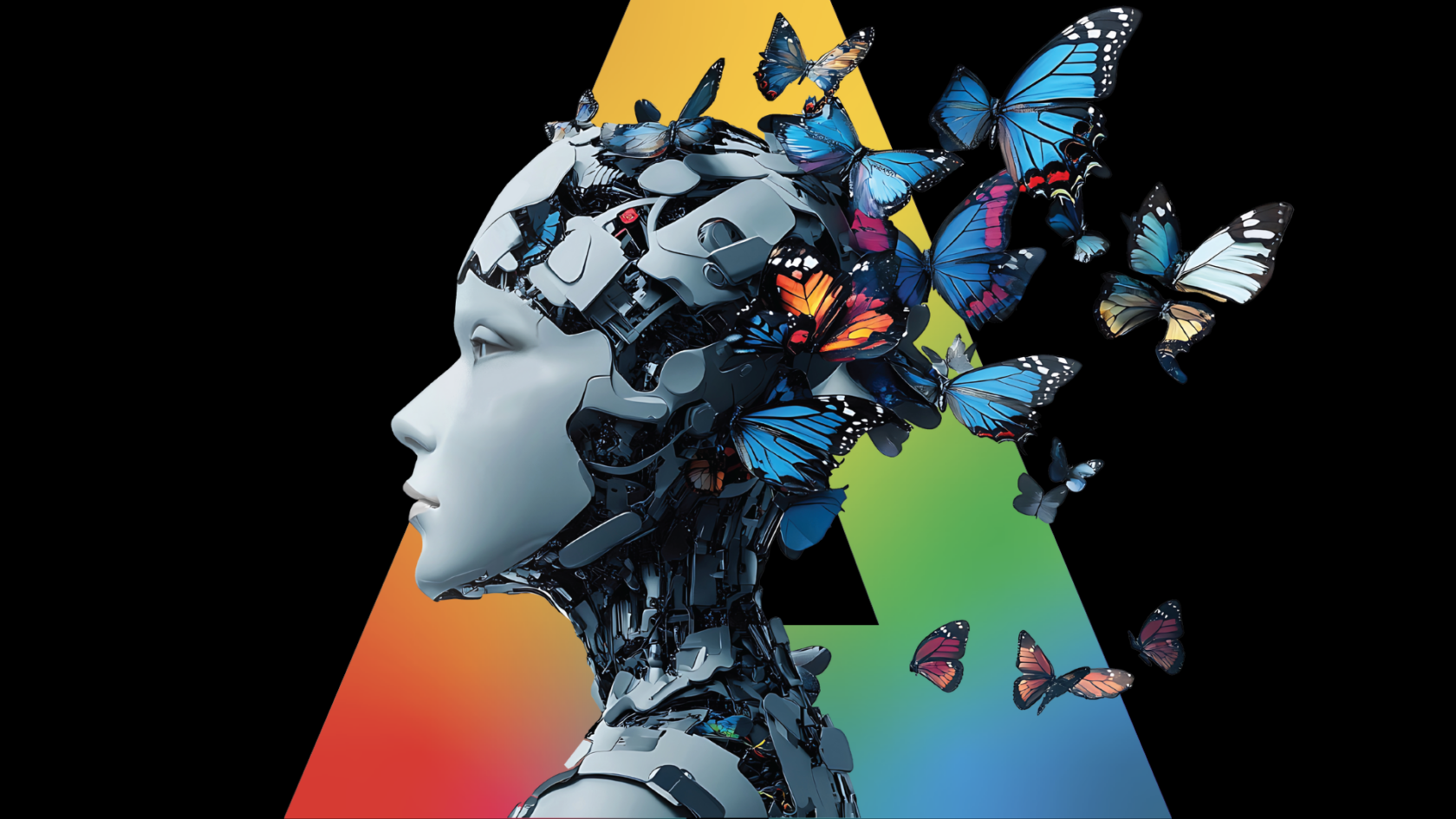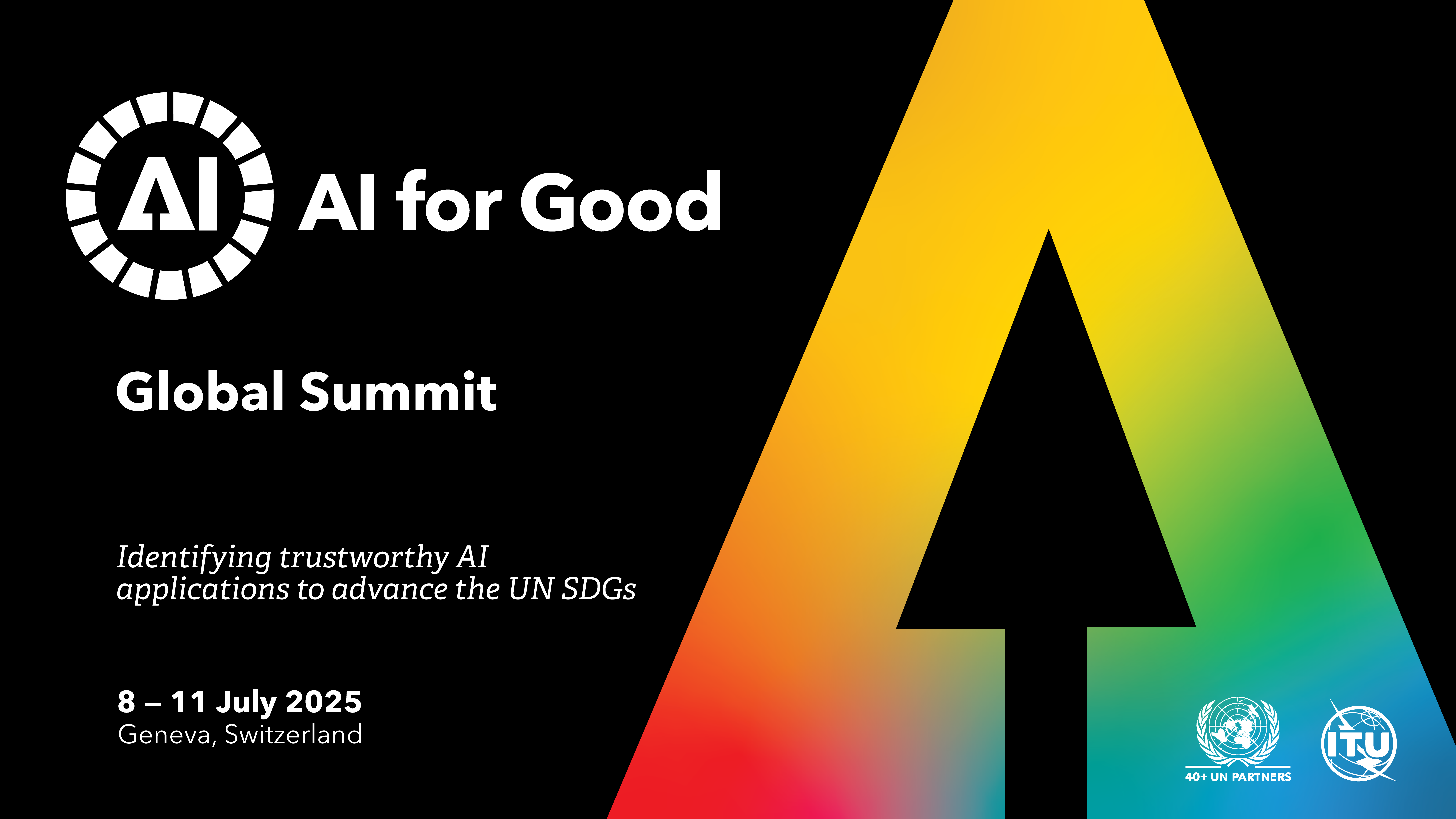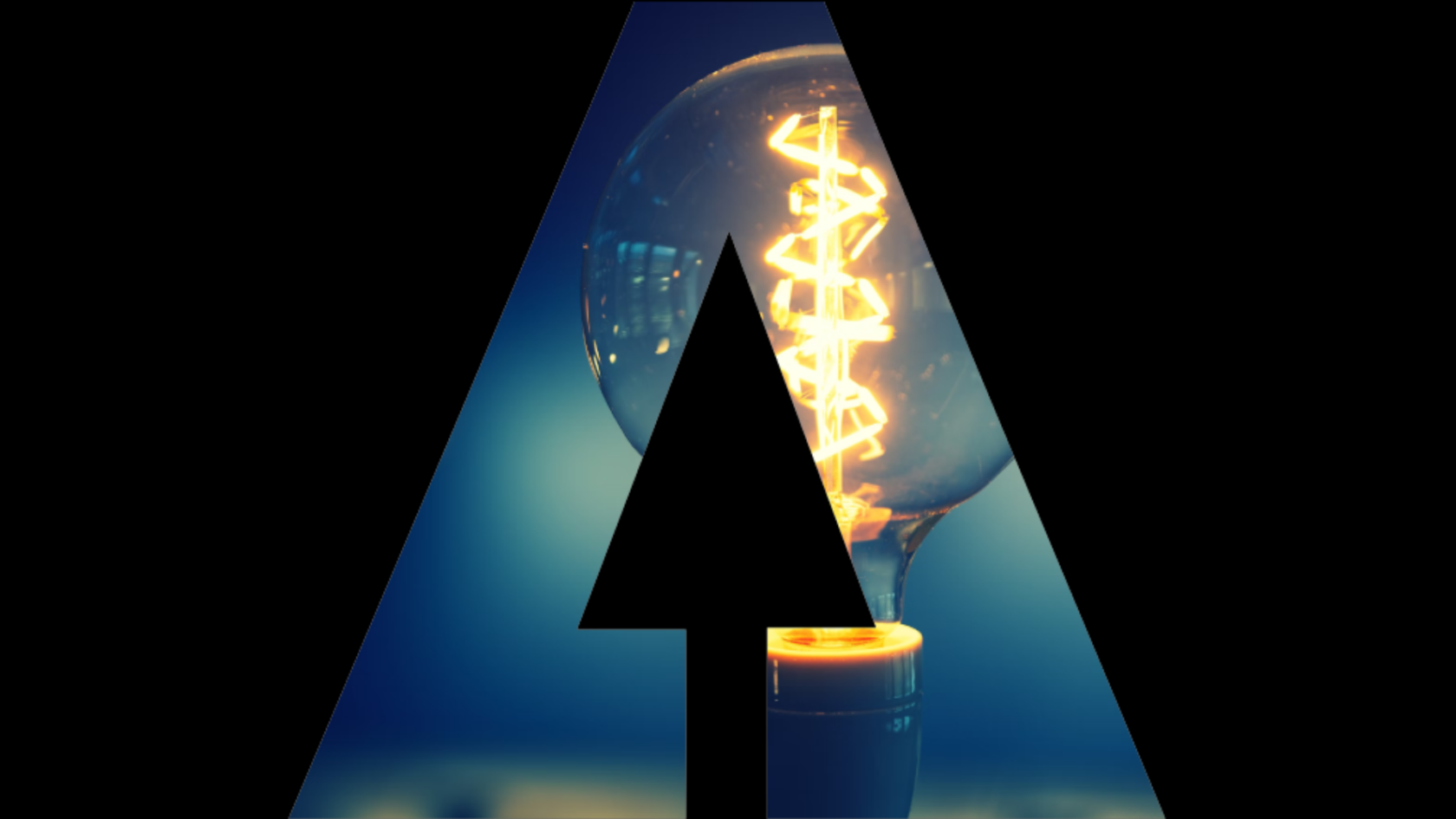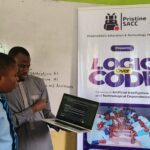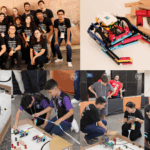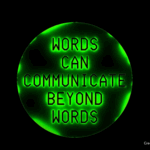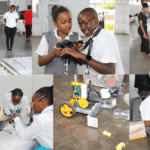ITU News spoke to Chaesub Lee, Director of ITU’s Telecommunication Standardization Bureau, to discuss the motivations behind the AI for Good series and how AI will come to influence ITU’s work.
The 2017 AI for Good Global Summit was the first event to initiate global dialogue on AI’s potential to act as a force for good. While the 2017 summit sparked the first-ever inclusive global dialogue on beneficial AI, the action-oriented 2018 summit will focus on impactful artificial intelligence (AI) solutions able to yield long-term benefits.
Could you give us a brief introduction to the AI for Good series of summits?
CL – The AI for Good series is the leading United Nations platform for dialogue on beneficial AI. The Summit is organized by ITU in partnership with the XPRIZE Foundation, the Association for Computing Machinery (ACM) and more than 25 sister United Nations (UN) agencies.
AI presents unprecedented opportunities to eradicate hunger, end poverty and reverse the degradation of our natural environment. The AI for Good series aims to inspire innovation by highlighting the extraordinary possibilities soon to be within reach thanks to the accelerating progress of AI.
AI experts stress that discussions around AI’s implications for society should not be confined to specialists. ITU agrees. This is the key motivation behind ITU’s decision to launch the AI for Good series. Every government, every company, every academic institution, every civil society organization — every one of us — should consider how AI will affect today and our future.
What is the United Nations’ interest in AI and what will be its main contribution to the field?
CL – The AI for Good series aims to ensure that AI accelerates progress towards the United Nations’ Sustainable Development Goals (SDGs).
The United Nations has the ability to convene all AI stakeholders in an impartial debate. Only with strong dialogue and partnership among governments, international organizations, the private sector and academia will AI fulfill its great potential to act as a force for good.
Discussion on the UN platform will build common understanding of the capabilities of emerging AI technologies. This will build cohesion in policy approaches to AI and encourage the international community to rally around applications of AI with potential to address the greatest challenges facing humanity.
What can we expect to emerge from the 2018 summit? What are its priorities?
CL – The inaugural AI for Good Global Summit in June 2017 was the first event to launch inclusive global dialogue on the actions necessary to ensure that AI benefits humanity.
The action-oriented 2018 summit will identify applications of AI capable of improving the quality and sustainability of life on our planet. The summit will also formulate supporting strategies to ensure trusted, safe and inclusive development of AI technologies and equitable access to their benefits.
How exactly will the summit achieve this?
CL – The summit will be highly interactive and results-oriented.
‘Breakthrough teams’ will demonstrate the potential of AI to advance humanitarian action and sustainable development. On show will be AI’s value in advancing healthcare as well as the delivery of citizen-centric services in smart cities. Teams will also investigate means to meet the data demands of AI algorithms and strategies to develop trusted, transparent and robust AI.
The summit challenges these teams to propose impactful AI strategies able to be enacted in the near term. These teams will guided in this endeavour by an expert audience of mentors representing government, industry, academia and civil society.
“Every government, every company, every academic institution, every civil society organization — every one of us — should consider how AI will affect today and our future.”
Strategies will be evaluated by the mentors according to their feasibility and scalability, potential to address truly global challenges, degree of supporting advocacy, and applicability to market failures beyond the scope of government and industry.
Our aim is to connect AI innovators with public and private-sector decision-makers, building collaboration to take promising strategies forward.
How do you expect that AI will factor into ITU’s work in years to come?
CL – AI will gradually come to affect almost all elements of the information and communication technology (ICT) industry and its supporting standardization ecosystem. It will influence a broad scope of ITU’s technical work, with prime examples found in data management, network management and orchestration, video coding, and the Internet of Things and smart cities.
For key insights on trends in AI, read the latest edition of the ITU News Magazine:
Standardization experts contributing to ITU-T Study Groups are looking to AI to bring more automation and intelligence to network design, operation and maintenance, introducing greater efficiency with network self-optimization. Automated virtual assistants are expected to support the customization of multimedia services, and learning algorithms are playing an increasing role in the development of video compression algorithms and algorithmic tools to monitor quality of service and user experience. Cities of the future will be built on the smart use of data, with AI and machine learning delivering data-driven insight to assist social-cyber-physical systems in adapting their behavior autonomously in the interests of efficiency.
The AI for Good series contributes to our preparations for AI’s inevitable influence on ITU’s technical work, providing the context for this influence from the perspectives of technology as well as business and policy.
Will we see ITU standards addressing AI in the near future?
CL – My view is that, in the near term, ITU standardization’s key contribution to the success of AI will be in the field of data management. In our knowledge-driven modern economies, data is quickly becoming our most valuable natural resource. Data is essential to AI, but significant challenges continue to surround the availability and quality of the data required to develop and train AI algorithms.
We have an ITU Focus Group to pinpoint the aspects of data processing and management to benefit from ITU standardization. The work of this Focus Group will be a contribution to smart governance, data-driven business, and all forms of sustainable development.
Another ITU Focus Group is working to determine how machine learning will contribute to the efficiency of emerging 5G systems. The group will define the requirements of machine learning as they relate to technology, network architectures and data formats. Key to this work will be the definition of required data formats and associated mechanisms to safeguard security and privacy.
Participation in ITU Focus Groups is free of charge and open to all. We have four Focus Groups currently in operation, looking at data processing and management; machine learning for 5G; distributed ledger technology such as blockchain; and digital currency, with a focus on digital fiat currency. Learn more about these Focus Groups.
Where can we learn more about AI’s contribution to networking?
CL – The new ITU Journal: ICT Discoveries is ITU’s latest effort to expand our collaboration with the research community. Its first special issue forecasts AI’s impact on ICT networks and services.
The new ITU Journal looks at both technical and social aspects of ICTs’ influence on business, governance and society. The first special issue of the ITU Journal demonstrates the interdisciplinary scope of this publication.
RELATED: Tell the world about your AI for Good project on ITU’s AI Repository
The issue highlights the potential of Artificial Intelligence to support communications networks and services in fields including cognitive radio, automated driving and the monitoring of our environment. It also explores design principles for AI systems sensitive to human values as well as the ethical implications of advancing AI capabilities as they relate to data security.
We also look forward to Kaleidoscope, ITU’s flagship academic event, which this year turns its attention to machine learning. Kaleidoscope 2018: Machine learning for a 5G future is calling for original scientific papers addressing how AI and machine learning will drive the smarter use of network-generated data, enabling ICT network operators and service providers to adapt to changes in traffic patterns, security risks and user behaviour. The conference will convene in Santa Fe, Argentina, 26–28 November 2018.











